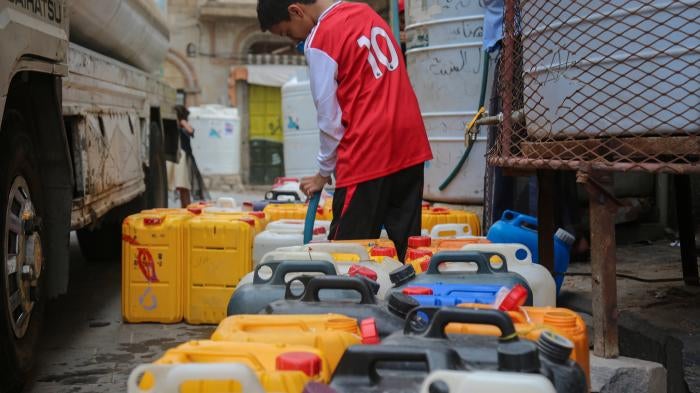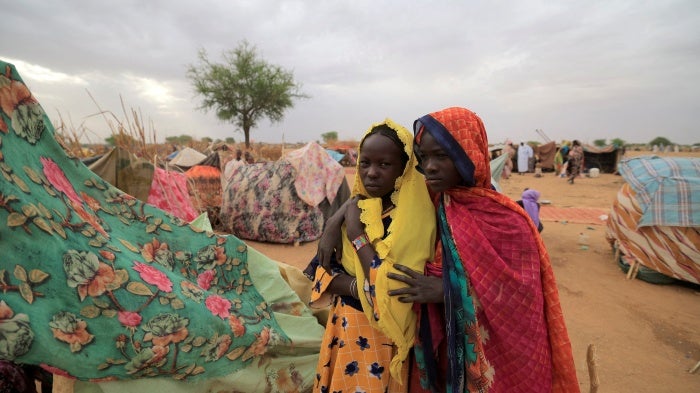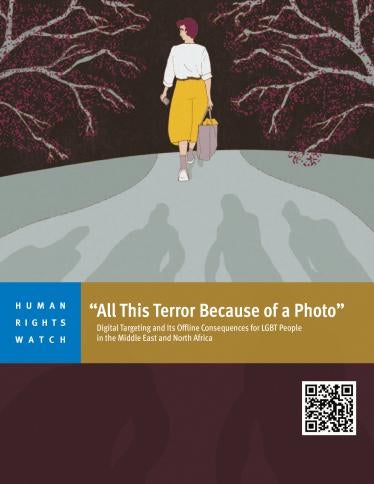“Death is More Merciful Than This Life”
Houthi and Yemeni Government Violations of the Right to Water in Taizz
The 45-page report, “‘Death is More Merciful Than This Life’: Houthi and Yemeni Government Violations of the Right to Water in Taizz,” found that parties to the conflict in Yemen have significantly exacerbated the area’s water crisis. The Houthis have weaponized water in Taizz by blocking water from flowing into Yemeni government-controlled Taizz city, while Yemeni government-affiliated military forces have previously sold public water supplies to residents for their own profit.


